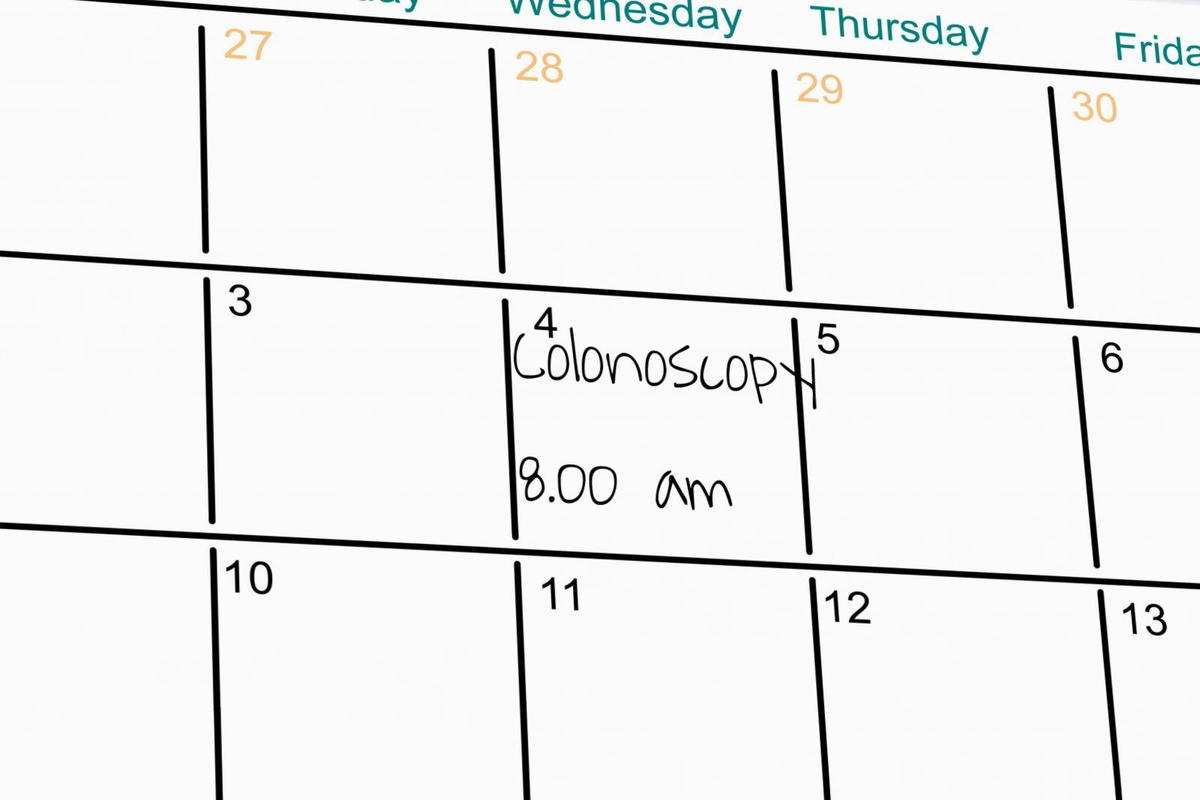 Colon cancer threatens 150,000 Americans annually, says the American Cancer Society. In Newport Beach, CA, your gastroenterologist, Dr. Glenn Madokoro, recommends routine cancer screening by colonoscopy, emphasizing early detection and better cure rates for this potentially deadly disease. Learn about this accurate procedure and how often the experts say you should have it.
Colon cancer threatens 150,000 Americans annually, says the American Cancer Society. In Newport Beach, CA, your gastroenterologist, Dr. Glenn Madokoro, recommends routine cancer screening by colonoscopy, emphasizing early detection and better cure rates for this potentially deadly disease. Learn about this accurate procedure and how often the experts say you should have it.
How colon cancer happens
Colon cancer affects the large intestine, the long, highly innervated and vascularized tube which runs from the small intestine to the rectum and anus. Responsible for absorbing water and certain nutrients, the colon also helps you eliminate solid waste.
Unfortunately, cancer can plague many sites in the body, including the large intestine. While typical symptoms of colon cancer can include pain, bloating, constipation, diarrhea, and weight loss, many times people exhibit few to no symptoms, particularly in the earliest stages of the disease.
Harvard Health reports that colon cancer may begin with small noncancerous lesions called polyps or adenomas. While these small benign tumors do not always develop into cancer, many do. That's why examination by routine colonoscopy in Newport Beach is so important.
What is a colonoscopy?
This in-office or in-hospital procedure examines the lining, or internal structure, of the large intestine. Your gastroenterologist inserts a small diameter lighted tube into the anus and through the entire length of the colon. Live video feed allows him to look at the colon, detecting abnormalities such as cancer, adenomas, and other issues which cause chronic diarrhea, pain, and more. While polyps do not always become cancerous, says Harvard Health, all colon cancer proceeds from polyps. So, routine screening is vital.
During a colonoscopy, you will be sedated and positioned on your side. During the test, you will experience no pain but may feel some mild pressure or cramping.
Dr. Madokoro will look at your colon and take pictures at certain junctures and of any area which he feels requires closer examination. If he sees any polyps, he will remove them via cautery (heat) or a snare mechanism, and the tissue will be biopsied. You will remember little or even nothing of your test afterwards, and a responsible adult must escort you home.
How often should you get one?
Aside from some individuals who have a genetic predisposition to polyps, most people should begin routine colon screening at age 50. With no evidence of polyps, Dr. Madokoro will advise a repeat procedure in 10 years. With polyps which are noncancerous, he will recommend every five to 10 years.
After age 75, follow your doctor's recommendation for repeat screening tests. After 85, you will not receive routine colonoscopies but only on a case by case basis, says the American College of Gastroenterology.
Find out more
If you are approaching your fiftieth birthday or if you are due for your routine colonoscopy, please contact Dr. Madokoro's office in Newport Beach, CA, for a consultation. Know your colon health! Call the office staff today at (949) 548-8800.